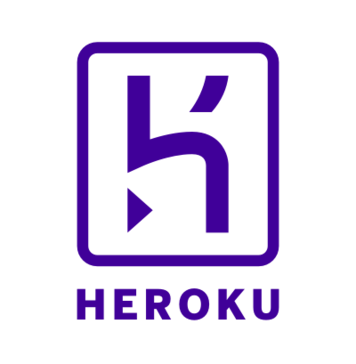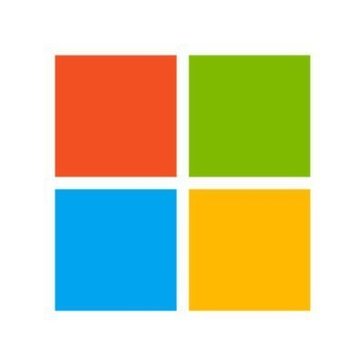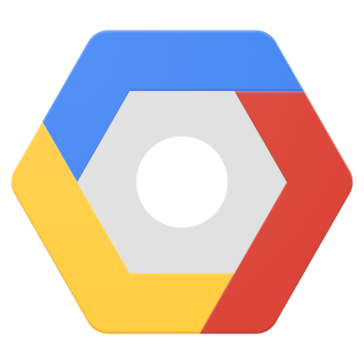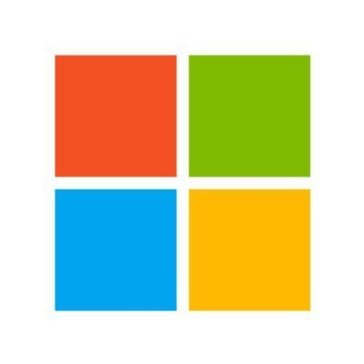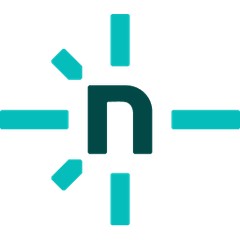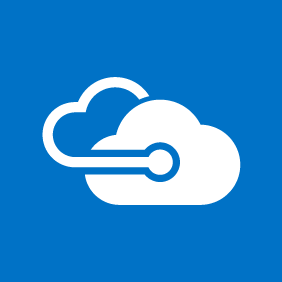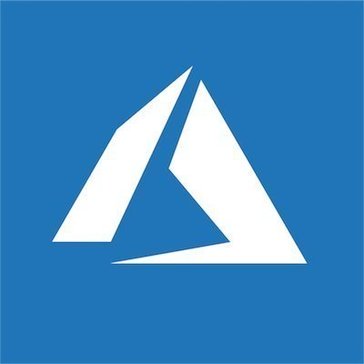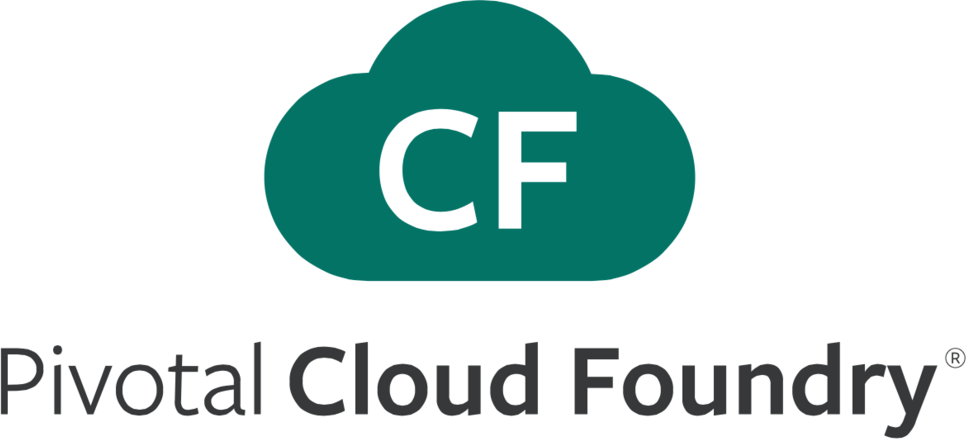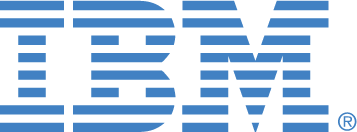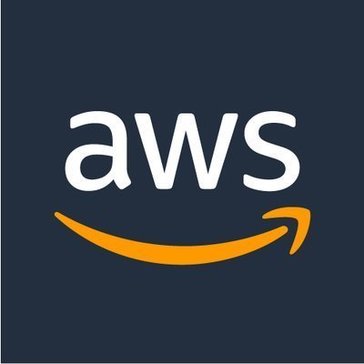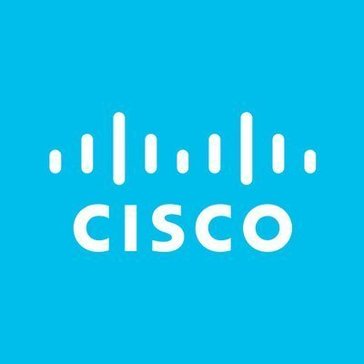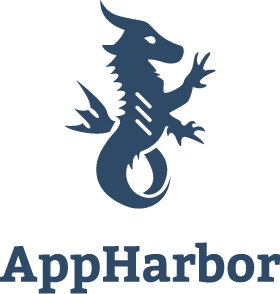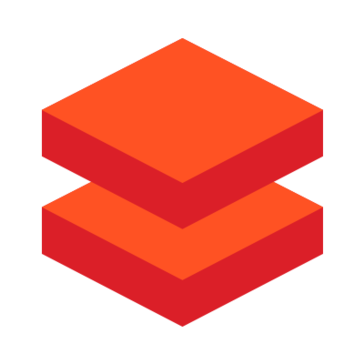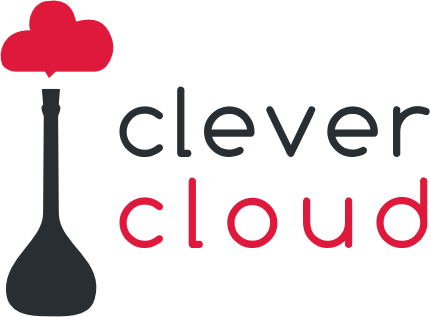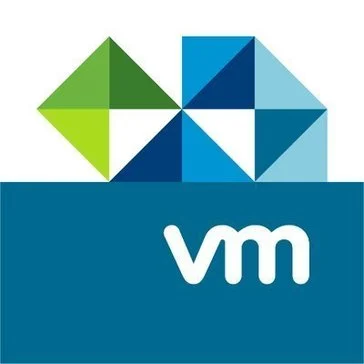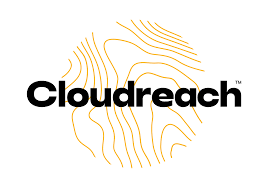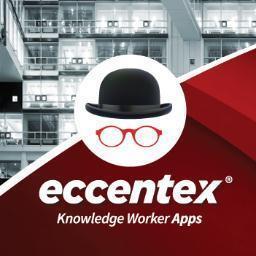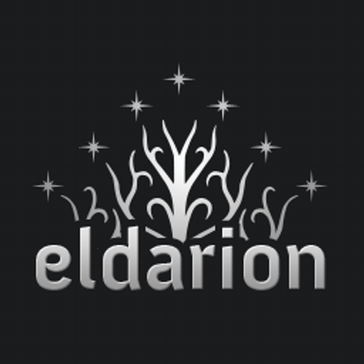Cloud Platform as a Service (PaaS) Software
Google App Engine
Google App Engine enables developers to create monolithic server-side rendered websites effortlessly. It supports popular programming languages like Node.js, Java,...
Mendix
Mendix application Platform as a Service (aPaas) is an online platform used to develop and deploy applications. It is suitable...
Salesforce Heroku
Salesforce Heroku empowers organizations to swiftly adapt to evolving demands, facilitating rapid deployment of content updates. This Cloud Platform as...
Azure Web Apps
Azure Web Apps offers a robust platform for building and deploying scalable, mission-critical web applications tailored to meet business demands....
Google Cloud Functions
Google Cloud Functions enables seamless cloud development by allowing users to write event-driven code without the burden of managing infrastructure....
Azure Functions
Azure Functions enables developers to create event-driven, scalable serverless applications using languages like .NET, Node.js, Python, Java, and PowerShell. It...
IBM Cloud Foundry
IBM Cloud Foundry is a versatile PaaS that streamlines the development and deployment of cloud-native applications. It supports multiple programming...
Netlify
Ready for the new era of Agent Experience (AX), Netlify empowers developers to effortlessly build and deploy modern frontend applications....
Azure App Service
Azure App Service provides a fully managed platform designed for building and hosting web applications. It supports a variety of...
Azure Cloud Services
Azure Cloud Services offers a robust Platform as a Service (PaaS) that empowers developers to create highly available, infinitely scalable...
Pivotal Cloud Foundry
Pivotal Cloud Foundry offers a robust Cloud Platform as a Service (PaaS) solution, facilitating seamless development, deployment, and management of...
Oracle Cloud PaaS
Oracle Cloud PaaS (Platform as a Service) is an online cloud solution that works as a scalable hosting platform for...
IBM Cloud Functions
IBM Cloud Functions is a serverless platform enabling developers to create lightweight, event-driven applications using polyglot programming. It leverages Apache...
AWS Serverless Application Repository
The AWS Serverless Application Repository provides a managed platform for storing and sharing serverless applications. Developers can leverage pre-built applications...
Cisco BroadCloud
BroadCloud is a global platform, expertly hosted by Cisco, enabling service providers to offer a complete range of calling and...
AppHarbor
A leading Platform as a Service (PaaS) provider, AppHarbor, will cease operations on December 5th after nearly 12 years of...
Fairware
Fairware revolutionizes software access with its Bring-Your-Own-License model, allowing users to effortlessly run applications directly from any web browser. This...
Linx
A low-code development tool to build process-focused applications with technically complex tasks and multiple steps, all without writing a single...
Engine Yard
Engine Yard offers a seamless platform for teams with limited DevOps resources, enabling them to run complex containerized applications effortlessly....
AppScale
AppScale is an open-source Platform as a Service (PaaS) for web and mobile applications. It is supported by Google and...
Apache jclouds
Apache jclouds® serves as a versatile multi-cloud toolkit for Java developers, empowering them to build portable applications across various cloud...
webMethods AgileApps Cloud
webMethods AgileApps Cloud empowers businesses to streamline their operations by offering a flexible PaaS solution that integrates diverse applications and...
Jelastic
Jelastic provides a Platform as a Service (PaaS) platform for developers to deploy and run their enterprise apps in the...
Dataphin
Dataphin empowers enterprises to create and manage intelligent data assets at Exabyte scale. It offers a unified platform for data...
Databricks Runtime
Databricks Runtime serves as the essential set of components that operate on compute resources within the Databricks workspace. It enhances...
Clever Cloud
Clever Cloud offers a robust Platform as a Service (PaaS) tailored for European developers, IT managers, and project leaders. With...
Scalingo
Scalingo offers a seamless Platform as a Service (PaaS) experience, allowing users to develop and deploy web applications effortlessly in...
VMware Integrated OpenStack
VMware Integrated OpenStack simplifies the deployment and management of an enterprise-grade cloud platform as a service (PaaS). Leveraging the OpenStack...
Zoho Catalyst
Catalyst is a cloud development platform that transforms the app creation process by simplifying complex tasks. It supports popular frameworks...
Cloudreach
Eviden Cloud, enhanced by Cloudreach, specializes in secure and sustainable digital transformation solutions across diverse industries. By leveraging patented technologies...
tsuru
Tsuru is an open-source Platform as a Service that enhances developer productivity by allowing applications in any language or framework...
Eccentex
Eccentex offers a cutting-edge Cloud Platform as a Service (PaaS) that transforms business automation. It seamlessly integrates people, processes, and...
Gondor
Gondor revolutionizes education, training, and scholarship by leveraging data science and open source technologies. Since 2009, it has collaborated with...
iKnode
With iKnode, users can effortlessly build and publish APIs using a sleek in-browser IDE, harnessing the elegant C# language and...
Amazon Web Services
Amazon Web Services (AWS) is an online platform by Amazon through which it provides various web applications and cloud computing...


